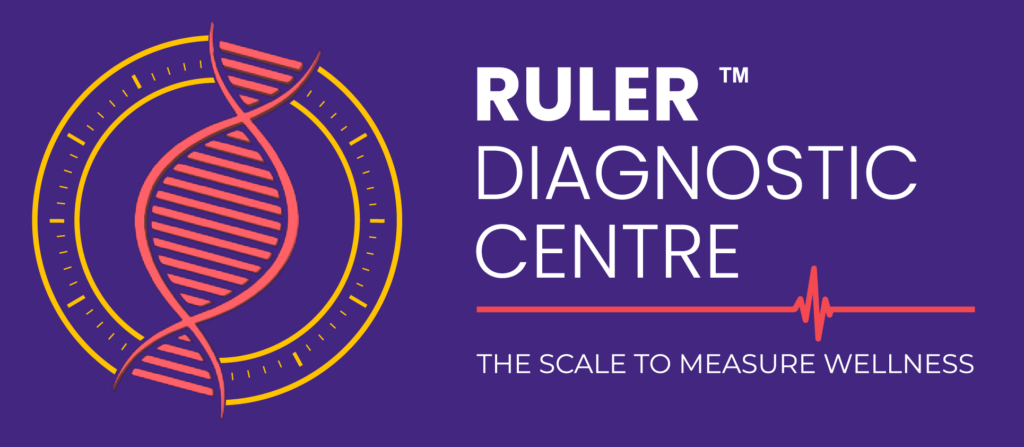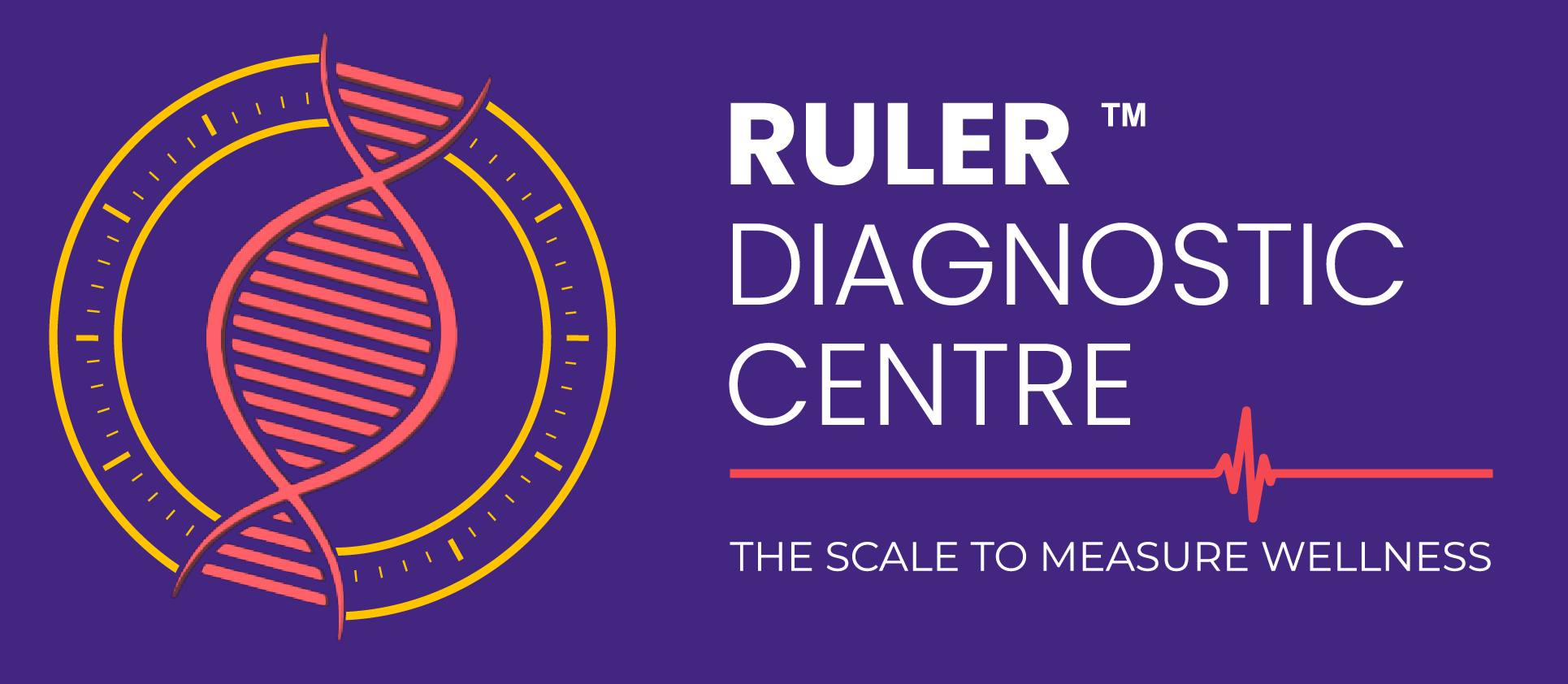Taking care of your health is the most important thing you can do for yourself, and one of the best ways to do this is through preventive health check-ups. These check-ups help catch potential health problems early, before they become serious. We believe that regular check-ups are key to staying healthy and preventing illnesses in the future.
What Are Preventive Health Check-ups?
A preventive health check-up is a series of tests and screenings that help detect health issues before they cause major problems. Unlike tests you do when you’re already feeling sick, preventive check-ups focus on finding conditions early, when they’re easier to treat or manage. These check-ups are important for everyone, no matter your age, and they are customized based on your lifestyle, age, and medical history.
Why Are Preventive Check-ups Important?
- Catch Problems Early: Many health conditions, such as high blood pressure, diabetes, and certain cancers, don’t show symptoms at first. Preventive check-ups can help detect these issues early, making it easier to treat them before they get worse.
- Better Health Outcomes: By staying on top of your health, your doctor can monitor any changes over time and recommend lifestyle changes or treatments to keep you healthy.
- Peace of Mind: Regular check-ups can ease your worries by ensuring you’re taking care of your health and addressing any risks early.
- Save Money: It’s often cheaper to treat health problems when they’re caught early. Preventive check-ups can help you avoid costly treatments or hospital visits later on.
What to Expect During a Preventive Health Check-up
During your check-up, your doctor will conduct several tests to assess your health. Here are some common components:
- Blood Pressure Check
- High blood pressure doesn’t usually have symptoms, but it can lead to heart disease or stroke. Regular checks are essential.
- Blood Tests
- These tests check your blood sugar, cholesterol, and kidney function. They can also help detect early signs of diabetes or heart disease.
- Heart Health Screening
- Tests like an ECG or echocardiogram help evaluate the health of your heart and blood vessels.
- Cancer Screenings
- Based on your age and risk factors, screenings for breast, prostate, cervical, and colon cancer may be recommended.
- Weight and BMI Check
- Your doctor will check if your weight is in a healthy range, as being overweight can lead to conditions like diabetes and heart disease.
- Vision and Hearing Tests
- Regular eye and hearing exams help detect problems like glaucoma or hearing loss early.
- Vaccinations
- Ensure you’re up-to-date on vaccines like the flu shot or pneumonia vaccine, especially if you’re over 65 or have certain health conditions.
- Lifestyle Review
- Your doctor will discuss your diet, exercise, and habits like smoking or drinking alcohol, offering advice on how to improve your health.
How Often Should You Have a Check-up?
How often you should get a check-up depends on your age, health history, and risk factors. For most adults, an annual check-up is recommended. If you have health conditions like diabetes or heart disease, you may need more frequent visits. Your doctor at Ruler Diagnostics can help create a personalized plan for you.
Preventive health check-ups are a simple but powerful way to stay on top of your health. By catching potential issues early, you can avoid more serious health problems in the future. At Ruler Diagnostics, we offer a wide range of tests and screenings to help you stay healthy. Don’t wait until you’re feeling unwell—schedule your preventive health check-up today and take control of your health!
Contact Ruler Diagnostics now to book your check-up and stay on the path to better health!




